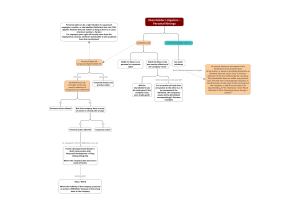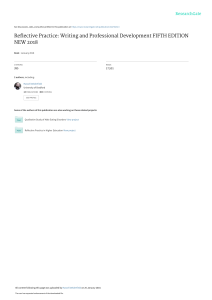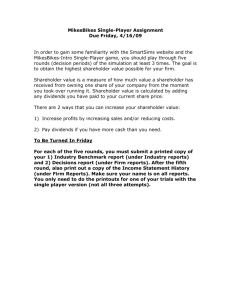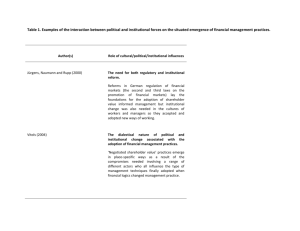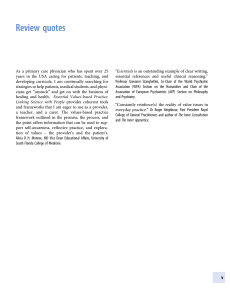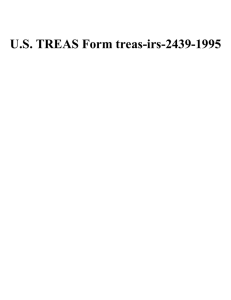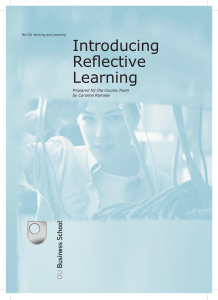Shareholder Litigation: Personal Wrongs Mind Map
advertisement
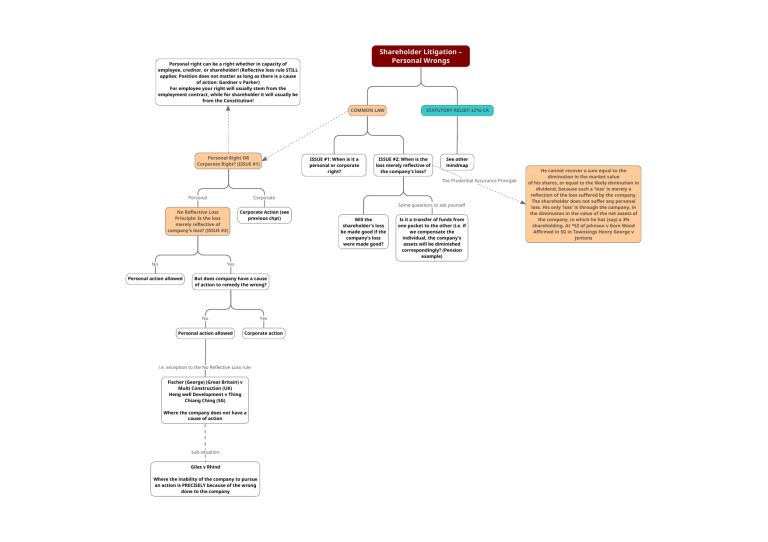
Shareholder Litigation – Personal Wrongs Personal right can be a right whether in capacity of employee, creditor, or shareholder! (Reflective loss rule STILL applies: Position does not matter as long as there is a cause of action: Gardner v Parker) For employee your right will usually stem from the employment contract, while for shareholder it will usually be from the Constitution! COMMON LAW Personal Right OR Corporate Right? (ISSUE #1) ISSUE #1: When is it a personal or corporate right? STATUTORY RELIEF: s216 CA ISSUE #2: When is the loss merely reflective of the company's loss? See other mindmap The Prudential Assurance Principle Personal Corporate No Reflective Loss Principle: Is the loss merely reflective of company's loss? (ISSUE #2) Corporate Action (see previous chpt) Some questions to ask yourself No Yes Personal action allowed But does company have a cause of action to remedy the wrong? No Yes Personal action allowed Corporate action i.e. exception to the No Reflective Loss rule Fischer (George) (Great Britain) v Multi Construction (UK) Heng well Development v Thing Chiang Ching (SG) Where the company does not have a cause of action sub-situation Giles v Rhind Where the inability of the company to pursue an action is PRECISELY because of the wrong done to the company Will the shareholder's loss be made good if the company's loss were made good? Is it a transfer of funds from one pocket to the other (i.e. if we compensate the individual, the company's assets will be diminished correspondingly? (Pension example) He cannot recover a sum equal to the diminution in the market value of his shares, or equal to the likely diminution in dividend, because such a 'loss' is merely a reflection of the loss suffered by the company. The shareholder does not suffer any personal loss. His only 'loss' is through the company, in the diminution in the value of the net assets of the company, in which he has (say) a 3% shareholding. At *52 of Johnson v Gore Wood Affirmed in SG in Townsings Henry George v Jentons
